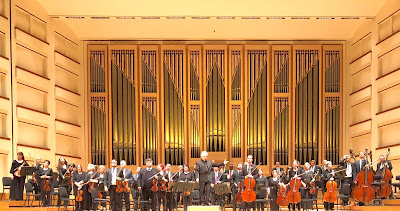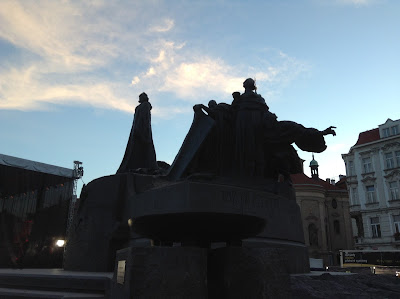Espana.
es Passionata.
For five hundred Moor years
than the Iberian
Catolica peninsula
could ever have
estanded
to be Islamically commanded,
they endured Ummayed demands
until Aragon King Ferdinand
came conquestering and demanding
with Castile Queen Isabella, remanding,
to fortify their
Catolica position
with a a goddam Inquisition,
stringing up dissidents in their Inquisition power
thereby crushing the bloom of heretical flower.
But with Isabella’s demise mad king Ferd devised
that child Queen Juana should be misused:
She therefore became abused and confused,
being married off to a Hapsburg prince
so that Empire hegemony could commence,
thrusting power over in-between freakin’ France
so Spain would achieve victory in their great Power prance.
Thereby Poor Juana had not a chance
her youthful passion to enhance,
being named an infernal loco heretic.
Therefore history defined her role as lunatic.
While Jews were being unlisted,
dissidents still resisted
although many heretics persisted
while being so unjustly inquisited.
That was then but this is now.
Spain still bleeds; that was how
it happened long ago
when Ferd took on the holy Roman Catolico
Hapsburg Empire show.
Down through history from page to page
As monarchs wage their contests age to age
Spanish blood flows through impetuous action;
it then bleeds out as Spanish soul passion,
moving
los manos y voces to music and song
to celebrate what's right and lament what is wrong.
Through the ages, ask the sages
what is right, what is wrong?
Who knows? The priest, the pope?
The poet? the socialist?—who offers hope?
Remember only: life is grand
despite our ruins beneath the sand.
So offer up a sacrifice of song
in notes so potent and passion strong,
while over in the sacrificial ring
a different living sacrifice they bring.
Matador leads. Bull bleeds.
Newfound blood in ongoing sacrifice
echoes ancient cross of crucified Christ.
Priest leads. Jesus bleeds.
The Faithful chant Apostles’ creed..
Sister Maria prays with beads.
But Falanga franco used catolico creeds
while dispatching policia on steeds.
Still saints were interceding
Flamenco singers pleading
Spain is forever bleeding
suffering behavor
even as the Savior.
In ’36
Las Artistas pled while Spain bled red.
Still the flamencos emoted, saints devoted,
peasants toted. poets wroted.
democrats noted. republicans voted.
Socialistas revolutionary
v.
Royalistass reactionary.
What else is new, not from the past?
So you might have asked .
Here’s what: Thermite bombs in 1937:
Hitler’s luftwaffe over Spanish village heaven.
Spain bleeds through Guernica saints.
Pablo reads; Picasso paints.
Dali droops. El toro drips
The crowd whoops; the leather rips.
El Guitarist heals. Flamenco dancer reels.
As the eternal note of sadness peals,
La musica heals when dancer reels.
Spain handles the pain.
It falls mainly on the plain
people in Spain.
Smoke




























